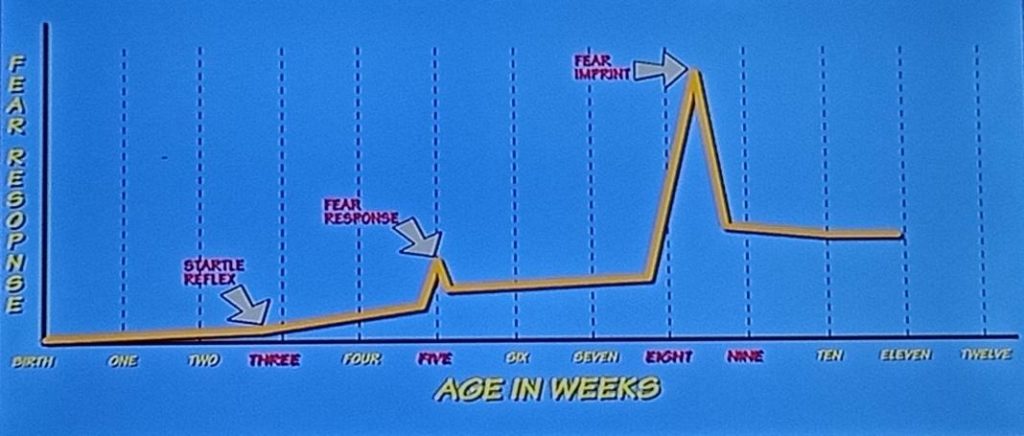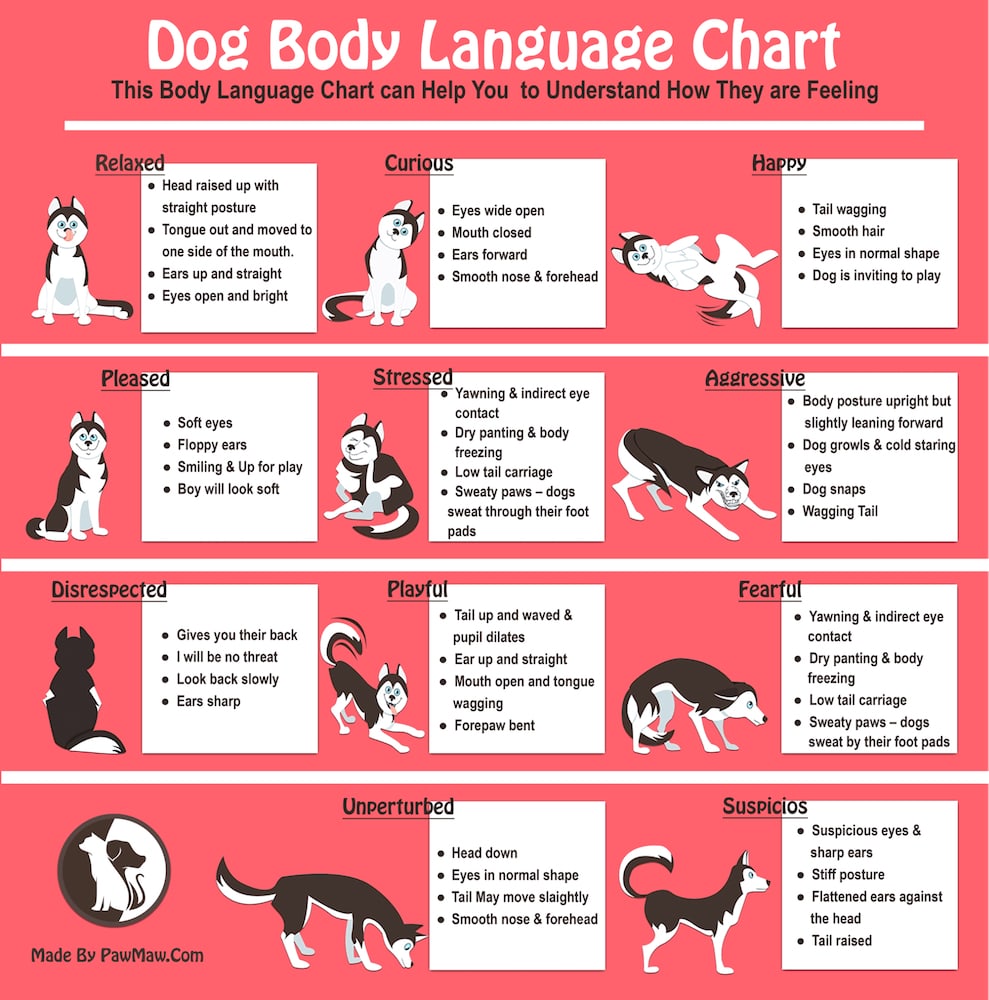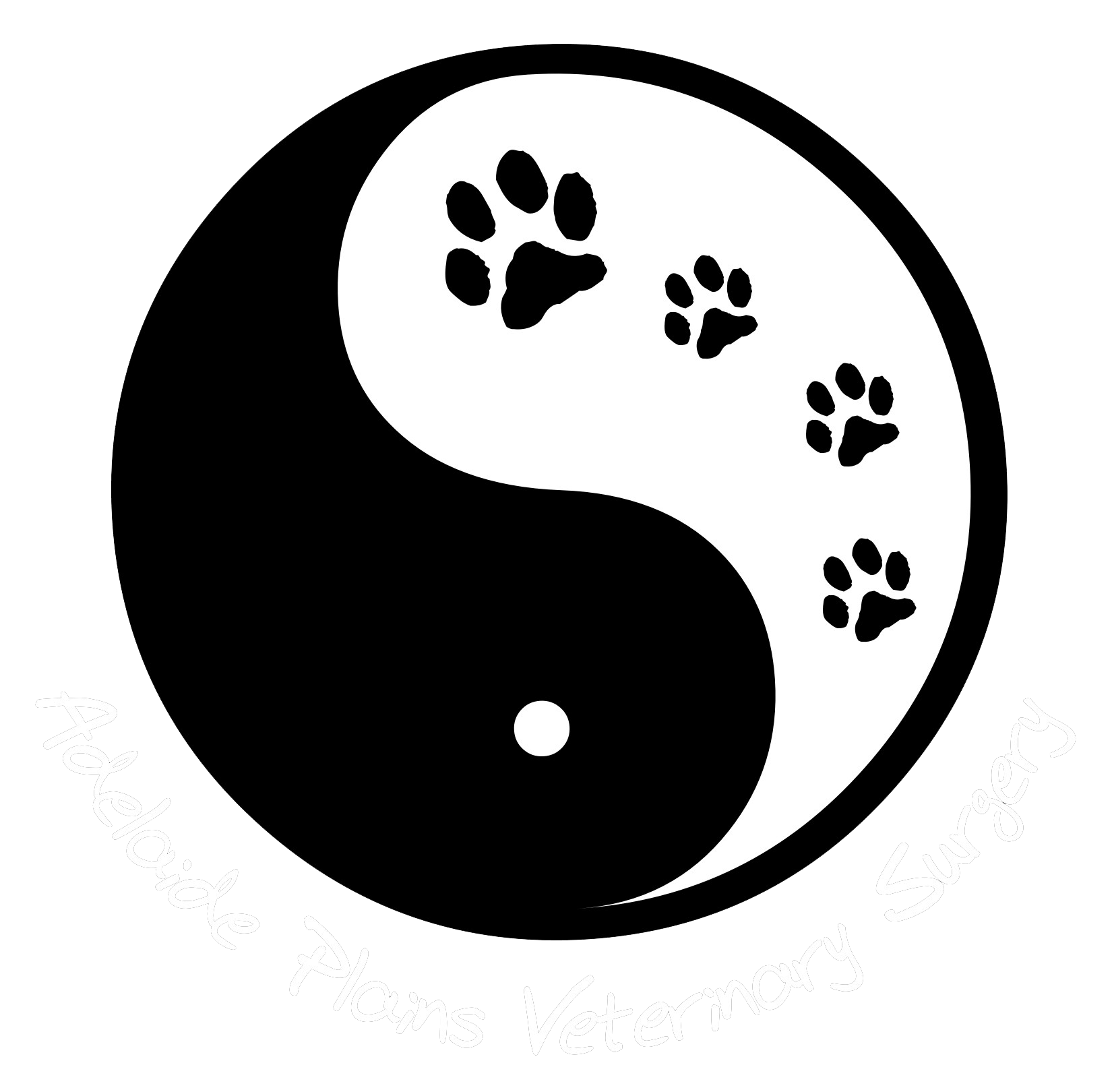Adelaide Plains Veterinary Surgery
Call: (08) 8520 3600
Mon-Fri (8am - 6pm)
Sat (8:30am - 12pm)
Maximising the Puppy Socialisation Experience – Key Period 3 – 16 weeks
Puppy socialisation is an extremely important factor in a puppy’s development and begins as young as 3 days old, yes that’s right 3 days! The period only lasts a relatively short time, on average 16 weeks. It is proven that puppies that have been exposed to a wide range of opportunities in a safe and positive experience during this critical socialisation period are well adapted to many different situations during life.
To gain full benefit and totally Maximise the Puppy Socialisation Experience we can:
- Recognise what puppy socialisation is
- Know how puppies develop
- Be able to read dog body language
- Understand dog behaviour
- Be prepared before you bring your pup home
- Reward the good, reduce the negative
- Have a good relationship with breeder
- Have a good relationship with the whole vet team
- Enrol in puppy training and puppy socialisation classes from 8 weeks
Puppy socialisation is a tricky thing, as a new puppy owner you are informed to Not Take Your Puppy Out Until 2 weeks After its Final Vaccination, yet its final vaccination is between 12 – 14 weeks, HOW IS THAT POSSIBLE? That leaves 2 weeks to socialise my puppy? The socialisation period begins with the breeder and continues with the new pet owner. It takes the following 4 relationships to be built on trust, respect and guidance to maximise the puppy socialisation experience.


- Mother – Puppy relationship
- Breeder – Mother (of pups)
- Breeder – Pet Owner
- Pet owner – Puppy
Puppies early days, how does this effect socialisation?
Puppies are born completely dependent on their mother. They are deaf and blind for the first 10 days and rely on their mother for warmth, hygiene and nutrition. The mother communicates with her pups during these early days solely through touch and with each touch a positive experience is often followed. When a mother nudges her puppy to feed the touch equals food, when she cleans them touch equals the good feeling of elimination and when a mother is curled up providing warmth and safety the touch equals security. These early actions of touch being a positive interaction are imprinted for life from this early age. As a new puppy owner and especially for breeders this piece of information is priceless during training and socialisation experiences in the future weeks.
So How does this effect socialisation? Over the next few weeks the puppy developments rapidly with a natural instinct to explore new things without the concept of fear. The Fear Impact period occurs around 8 weeks and again at approximately 12 weeks of age (see Critical Puppy Development Periods below). It is vital that the puppy learns how to communicate and respond to both canine and human behaviours during these early weeks to successfully become a loved member of a furever family.
Understanding Behaviour – Critical Periods in Puppy Development
NEONATAL PERIOD: from birth to 2 weeks. Completely dependent on mother.
TRANSITION PERIOD: from 2 to 3 weeks, eyes and ears open but sight and sounds are limited, tail wagging begins and puppies begin to control body functions.
CANINE SOCIALISATION: From 3 to approximately 7 – 8 weeks puppies literally absorb all experiences with this happy, carefree and eager to please attitude and the outcomes to these experiences will imprint on the puppy for life. Puppies learn from their litter mates and their mother.
HUMAN SOCIALISATION: from 7 to 12 weeks, puppy arrives in new home. When the puppy experiences new things in a safe, calm and happy environment with a positive result at the end during these impressionable weeks, all future experiences like that are approached with a calm and positive attitude. The puppy will also be able to recover quicker from frights and adjust well to new experiences as an adult dog. Begin training now and set clear boundaries from the start.
SENIORITY CLASSIFICATION: from 13 to 16 weeks, puppy has been home for about a month now and generally doing well with training now. This period is when you can suddenly experience them testing the boundaries and limitations. It is critical to remember to praise the positive behaviour every time and limit the negative responses. Biting should always be discouraged with distraction of a toy as teething is also occurring now and toys are a great way to alleviate the discomfort.
FEAR PERIODS: at approximately 3 weeks old puppy will develop a startle reflex but recover quickly e.g. when a door slams, the first fear factor occurs between 7 and 8 weeks and the 2nd around 11 – 12 weeks. It is very important to acknowledge these periods and respond with gentle reassurance, guidance and calm patience.

The responses to any scary situations the pup encounters now are often learnt for life, helping your pup recover quickly from a scare with positive outcomes can ensure they learn things can be scary but it is ok to carry on without reacting poorly. The early indicators that your pup is in a fear impact period may be very subtle and may even go unnoticed. Understanding canine body language is the best gift in recognising fear early, (see canine body language). Each pup is unique, therefore these periods are just a guideline.
Understanding Behaviour – Dog Body Language
It is true, dog’s do not speak our language….but dog’s DO communicate both with each other and with us via Body Language. Below are the 6 body areas of our pups (and dogs) which they use to communicate and a Body Language Chart.
- Eyes (relaxed, whale eye or cold stare)
- Ears (pricked up, floppy, flat)
- Mouth (closed relaxed, teeth bared)
- Head position (raised, lowered)
- Body carriage (neutral, lowered)
- Tail (high, low, loose, stiff wag)

Puppies learn from their mother and littermates from 3 weeks old when they enter the Canine Socialisation Period. They learn Dog body language – a language dogs of all breeds, shapes and sizes can understand. They learn through play, which at times can sound and appear rather rough! They learn how to ask for ‘play’ or say ‘that hurt’. During this rough looking play they often begin to vocalise more with growls, grunts and barks. They are also learning the different responses they receive from different puppies and their mum.
When a puppy enters the Human Socialisation Period, they watch us for what our body is doing. Have you ever noticed that if you lean forward over a puppy they are more likely to jump up to you? What your body is saying is ‘Come on, let’s play!’. Or if you stand up straight your puppy responds quicker? Your body is saying it’s not play time now.
During the first few weeks your puppy is in your home you will be learning each-others language, establishing clear communication now is essential and the foundation of this communication is Body Language. Make sure EVERYBODY in the house is doing the exact same communications.
Be prepared before you bring your pup home
Deciding to bring a puppy into your home is the beginning of a new and wonderful chapter in your life. It is important that you remember you are that puppies whole life. It is important to be prepared and have the entire family in sync with the expectations and training of the puppy.

Have a safe place for puppy to retreat to and where you can securely restrict puppy’s access. The image of this puppy pen is ideal, it has a crate for sleeping and one for food and water on one side, a play area with various toys and different substrate with a toileting tray located away from the sleeping area. The outer pen is secure, easy to assemble with an easy access door to enter without puppy escaping or the full panel opens so puppy can access at their leisure.
Once you have committed to purchasing a puppy start enquiring about puppy socialisation and training classes. Sign up early to secure your spot so when pup arrives home you can maximise the socialisation experience and strengthen the bond between pet and owner.
A well socialised puppy will be a better behaved dog then a well-trained puppy.
Socialisation – Reward the Good to Reduce the Negative
Puppies learn by association, the more positive experiences they encounter the more they want to encounter them. If those encounters are negative, they will always be bad experiences for life. A positive or negative experience is viewed from the puppy’s perspective, watch their body language for signs of uncertainty or fear.
Our everyday lifestyle has many unusual and scary objects and situations. Puppies may fear anything the first time they see, hear or feel for the first time. It is essential we acknowledge, reassure and encourage the puppy to try again. Remember, they will be looking at you so go to the scary object or through the freaky doorway. When your puppy looks at the object, moves towards the object and especially when they investigate the object PRAISE THE PUPPY AND GIVE FOOD REWARD.
There are 6 categories to cover all aspects of socialisation, they are:
- Sounds
- Substrates
- Equipment
- People
- Animals
- Environment
Socialisation is not simply exposing your puppy to all these different things in a few short weeks and throwing them treats for looking at them. Socialisation is preparing your puppy how to encounter new things through-out life without being frightened or ‘aggressive’ but with the ability to recover quickly and investigate or avoid the item. A safe, calm and controlled environment is essential for successful socialisation.
Good Relationships
Establishing a good relationship with your breeder will give your puppy an even better opportunity to maximise the socialisation experience.
The Socialisation period begins at 3 weeks old where they will spend a further 5 weeks with the breeder and their litter mates. Speak with your breeder on how you can be involved with these early weeks.
When you receive your puppy at 8 week’s they have often already had their first vaccination and been microchipped by the breeder’s veterinarian.
- Make all visits to the vet a good one especially during this critical period, here’s a few ideas how:
- Take pup on an empty stomach and utilise the free treats during the next vaccination boosters
- Come in for regular visits to meet new people, see new animals in the waiting area, have a weigh in or just cuddles with the nurses. Check out our range of enrichment items and food.
- Praise and acknowledge ALL positive interactions
- Start a puppy socialisation and puppy training class at 8 weeks old held at Adelaide Plains Vet Surgery
Thank you for taking the time to read Maximising the puppy socialisation experience and congratulations on your new bundle of furry joy.
For further information on Socialisation, Training or general care check out our website on www.adelaideplainsvet.com.au , follow us on Facebook @adelaideplainsvet or call the friendly team on 85 203 600.
Enquire about our New 6 week Puppy socialisation program launching January 2020 for puppies aged 7 – 14 weeks.
Contact Us
Call us to make an appointment
Monday to Friday - 8:00 am to 6:00 pm
Saturday - 8:30 am to 12:00 noon
Sunday - Closed

